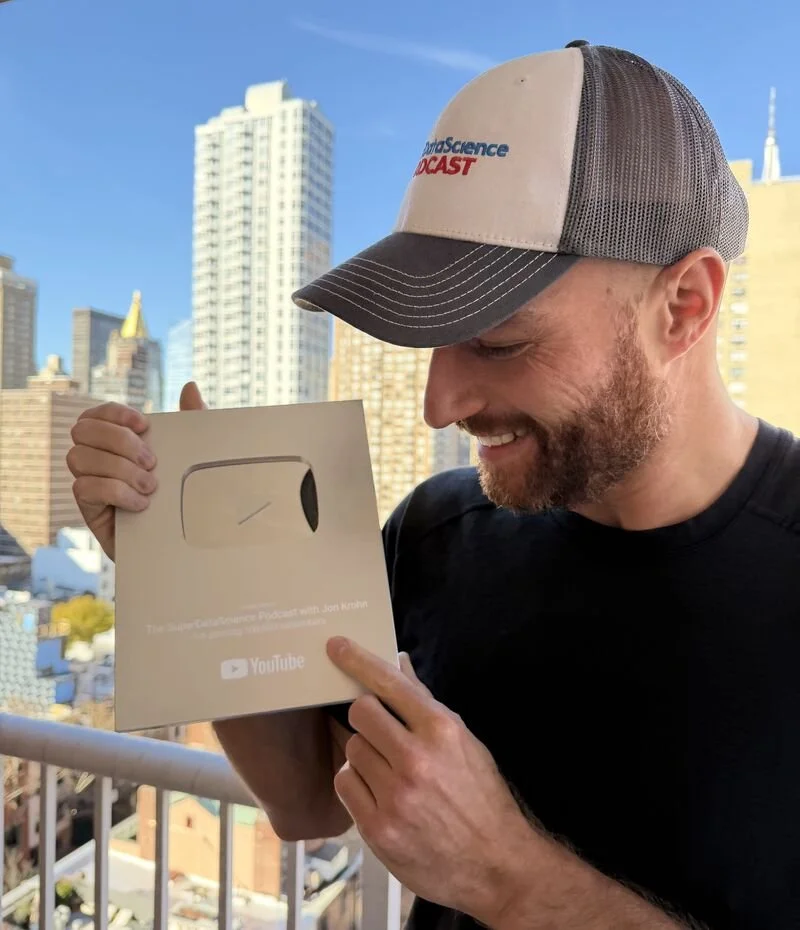Want to be building and deploying agentic A.I., but don’t know where to start? Distilling the best bits of Sinan Ozdemir's latest book, today’s episode is an intro “101” course on everything you need to know!
Sinan’s latest book is his TENTH book and it’s called “Building Agentic AI”. It’s a hands-on book (in Python) and one of the first books in Pearson's "Jon Krohn A.I. Signature Series". It covers everything you need to know to design, fine-tune, optimize and deploy agentic systems effectively… and today’s episode distills all of the most valuable tips and tricks from the book into a fun, hour-long conversation, including:
What exactly is an A.I. agent?
Should you use an agent or a workflow to automate a given task?
What LLM should you select for your agentic task?
How can you evaluate your agent's performance?
In case you don't already know Sinan:
As mentioned above, a TEN-TIME author of bestselling technical books.
A top A.I. educator and content creator with Pearson (often within the O'Reilly platform), transforming the way people learn about and engage with LLMs.
Provides advisory services on A.I. to VCs, publicly-traded companies and startups alike.
Holds Master's in Pure Mathematics from The Johns Hopkins University where he also lectured on A.I.
Founded one of the first Generative A.I. startups to go through Y Combinator, patenting the concept of tool use with agents in 2018.
The SuperDataScience podcast is available on all major podcasting platforms, YouTube, and at SuperDataScience.com.

